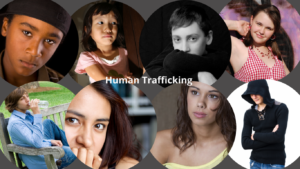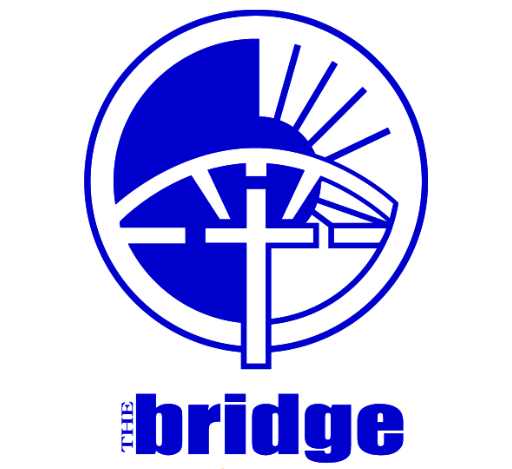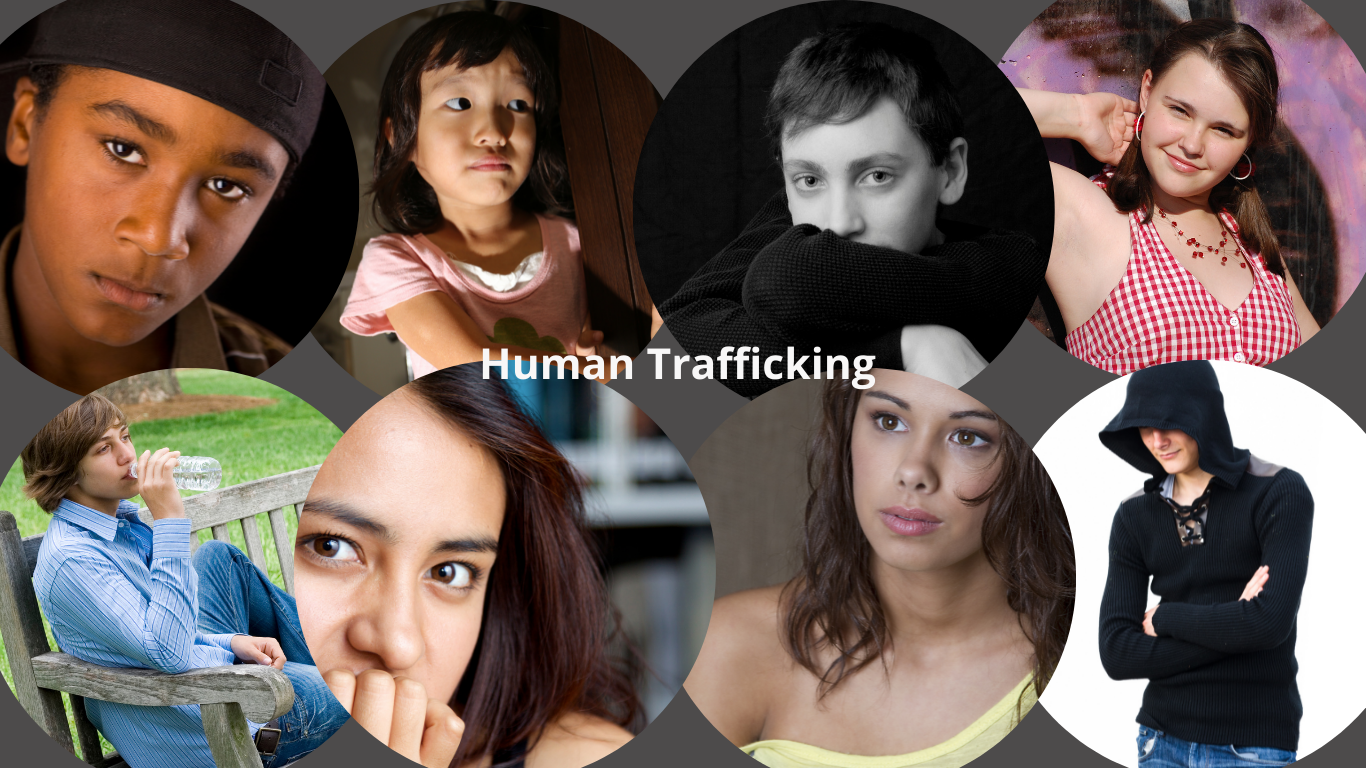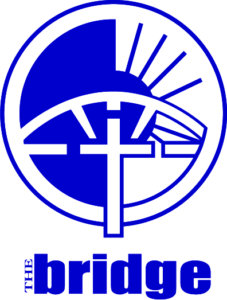There is one commonality between the entrapment in human trafficking, intervention, and prevention: the development of strong relationships. Traffickers lure victims into this life by forming a powerful connection. They target vulnerable individuals such as homeless LGBTQ+ youth, individuals with disabilities, financially insecure individuals, and children within the child welfare system. Traffickers then provide a need their victims have, such as romantic love, a sense of familial love, or necessities such as housing and food before forcing their victims to engage in commercial sex acts, making it harder for them to leave. This is incredibly confusing for survivors because their trafficker, the one who harms them, often provides their unmet needs, forming a sense of loyalty and sometimes love between the victim and trafficker.
As an organization, The Bridge has considered enhancing our efforts to prevent and respond to human trafficking in our community. We have realized that the best way to prevent and intervene in human trafficking is through building relationships. From a community member’s perspective, often, there are no easily spotted signs of human trafficking. But it is within the relationships community members have with their neighbors, patients, students, and children that human trafficking can be identified. Through meaningful relationships, community members, professionals and advocates can learn if individuals in their lives are being controlled, isolated, abused, and forced or coerced into a life of violence.
By forming strong and open relationships with those in our lives and not shying away from uncomfortable or difficult conversations, we could assist someone in maintaining the freedom they deserve. A trafficker’s relationship with their victim has many similarities to a domestic violence relationship. The trafficker uses abusive tactics such as isolation, threats, emotional abuse, and intimidation to gain and maintain power and control over their victim(s). By embodying safety and support, an individual who has been conditioned not to share the violence they are experiencing with anyone could disclose that they do not have the fundamental freedoms we all should have. In honor of Human Trafficking Awareness & Prevention Month, we hope you will join us at The Bridge in considering how you relate and form relationships with others.
If you would like to learn more about human trafficking,
email our Education and Prevention Director at jbellant@tbotw.org to request a workshop or training.
If you suspect human trafficking, call the National Human Trafficking Hotline at 1-888-373-7888.



